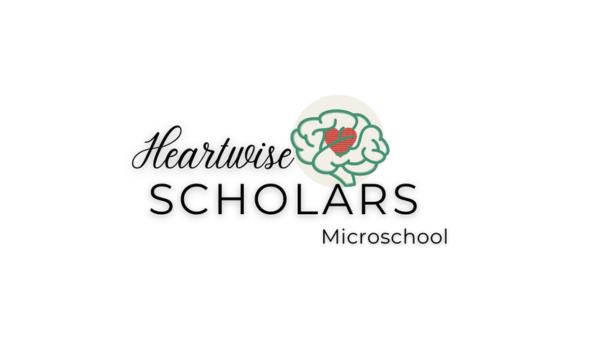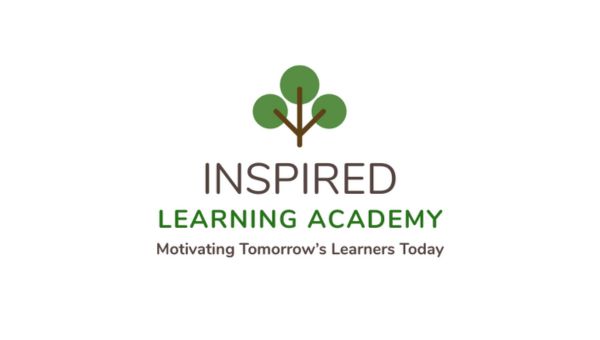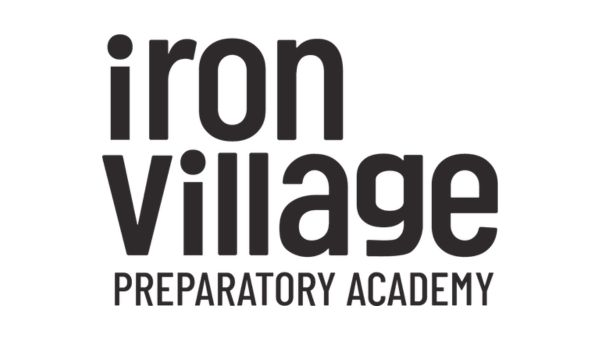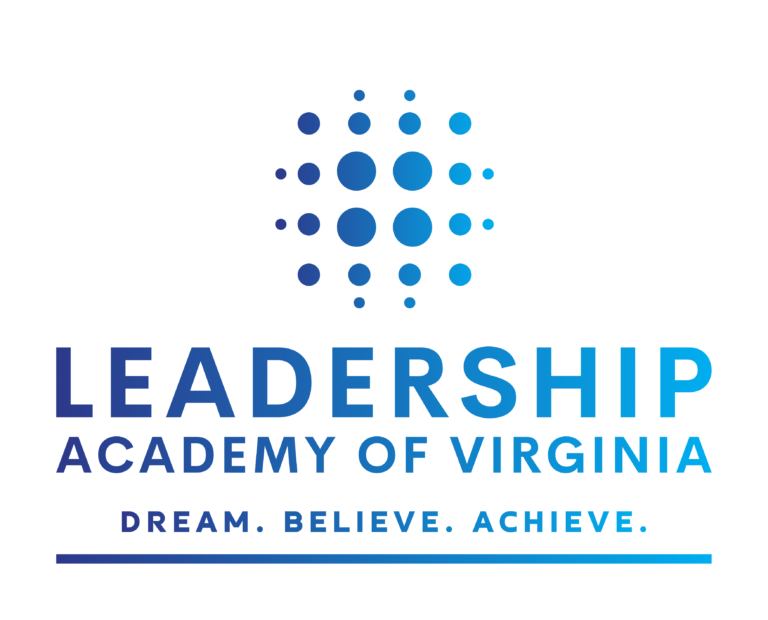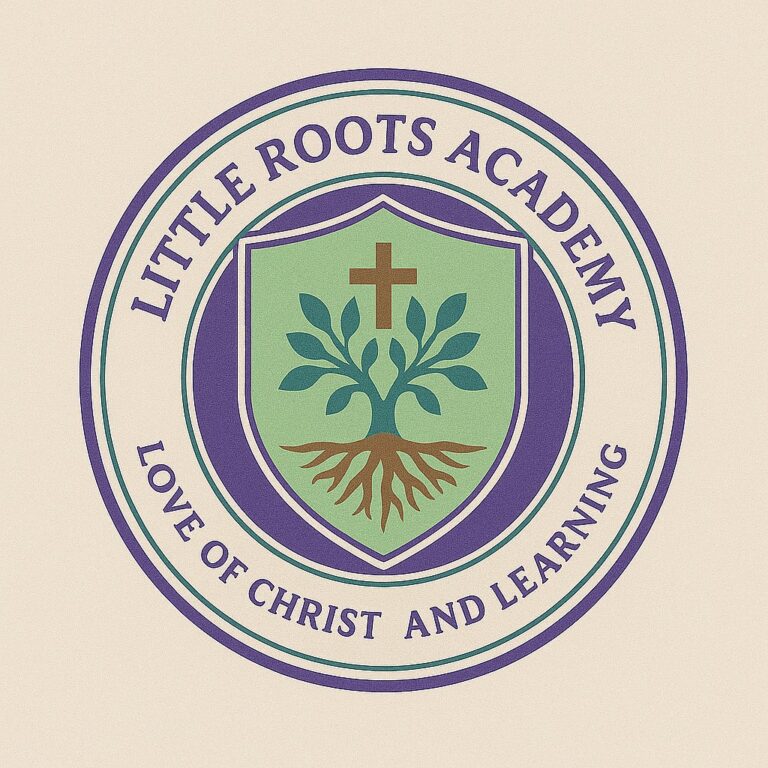Microschools in Virginia
Could a Microschool Be Right for Your Family?
Microschools are small, supportive school communities led by caring educators who make learning personal.
✅ Inviting school spaces where kids develop a love for learning
✅ Inspiring educators who guide and motivate each student
✅ Learning that fits each child’s needs and strengths
✅ A welcoming community where kids feel connected
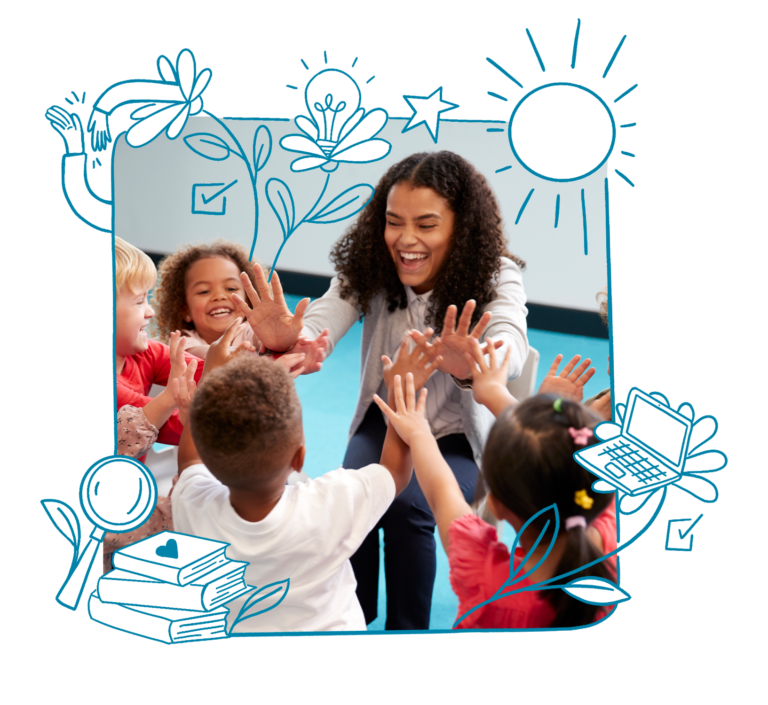
Microschools Give Families a New Option in Virginia
Is your student ready for a more personal learning experience? As school choice gains momentum across Virginia, microschools offer flexible, student-centered learning.
Homeschool & Online Students
Virginia families are exploring new ways to educate their children beyond traditional classrooms. Microschools offer a balance of structure and flexibility, giving students the support and community they need without losing the freedom that works for their families.
Non-Traditional Learners
Families have shown a growing interest in microschools for students who need a more personal learning experience. Microschools offer smaller class sizes, flexible teaching methods, and supportive environments that help students of all learning styles succeed.
Public & Private School Students
Microschools are a good fit for traditional students who prefer smaller class sizes and flexible learning spaces. They offer a setting where students can focus, learn at their own pace, and build close relationships in a more personal, engaging environment.
Microschools in Virginia
Browse our map of Virginia microschools to find a location near you.
We’re constantly adding new microschools.
Sign up for updates using the form below.
Sorry, unable to load the Maps API.
Virginia Microschools vs. Traditional Schools
Microschools in Texas offer unique opportunities that go beyond the classroom, with flexible, hands-on learning experiences that immerse students in local, real-world activities. Whether it’s working on conservation projects at Texas beaches, exploring the natural beauty of the Hill Country, or discovering the state’s rich history through visits to historic sites like the Alamo, microschools provide immersive learning that connects students to the heart of Texas and its vibrant communities.
Here’s how microschools in Texas stack up against public and private schools:
Microschools in Virginia
Small classes for personalized attention: Students receive more one-on-one time with instructors, allowing them to focus on their strengths and grow in a supportive environment.
Flexible schedules: Many microschools offer hybrid or part-time options, letting families design schedules that best fit their needs.
Community-driven learning: With a focus on collaboration, students engage in meaningful projects, like environmental cleanups or internships with local businesses, giving them hands-on, real-world experience.
Interest-based curriculum: Students explore subjects that resonate with them, integrating learning with real-world applications.
Flexible enrollment: Students can register as homeschoolers or private school students, depending on the microschool’s structure.
Ideal for personalized support: Great for families seeking a more intimate and flexible education option.
Public & Private Schools in Virginia
Larger class sizes: Public and private schools often have larger classes, making it harder for students to get individualized attention.
Fixed schedules: Most traditional schools follow a rigid schedule, which may not always fit the needs of every student or family.
Less community-focused: Larger schools can feel impersonal, with fewer opportunities for hands-on or experiential learning.
Standardized curriculum: Students follow a set curriculum based on their grade level, with less flexibility for personalized or interest-based exploration.
Tuition-free public schools: Public schools are tuition-free, while private schools may have tuition fees and financial aid options.
Standard enrollment: Students register as full-time learners with their public or private school, adhering to established requirements.
Best for traditional education: Ideal for families who prefer a structured, traditional education model with clear expectations.
Frequently Asked Questions
What is a microschool?
A microschool is a small, student-centered community where educators design learning around each student’s needs. Typically, these schools have small class sizes, creating a more personal school environment. Microschools often offer hybrid school options with flexible schedules and curriculum offerings.
People often compare microschools to the one-room schoolhouses you’d find in early rural America. They can also be described as a mix between homeschooling and traditional school, combining the best of both worlds.
How do I enroll my child in a microschool in Virginia?
Enrollment typically involves reaching out to the microschool directly. Each microschool may have a slightly different process, but it’s usually a simple and direct process. Many schools also offer tours or introductory meetings so you can find the right fit for your child.
What types of students benefit from microschools?
Virginia microschools are perfect for a variety of students. Homeschoolers and online learners can find the community, structure, and enrichment they need to enhance their programs, with the added benefit of personalized attention and flexible schedules. Non-traditional learners—like gifted students, those with unique learning needs, or English language learners—thrive in the hands-on, self-paced environment that microschools offer. For families seeking alternatives to traditional public or private schools, microschools provide a supportive, low-stress setting where students can gain confidence and progress at their own pace.

